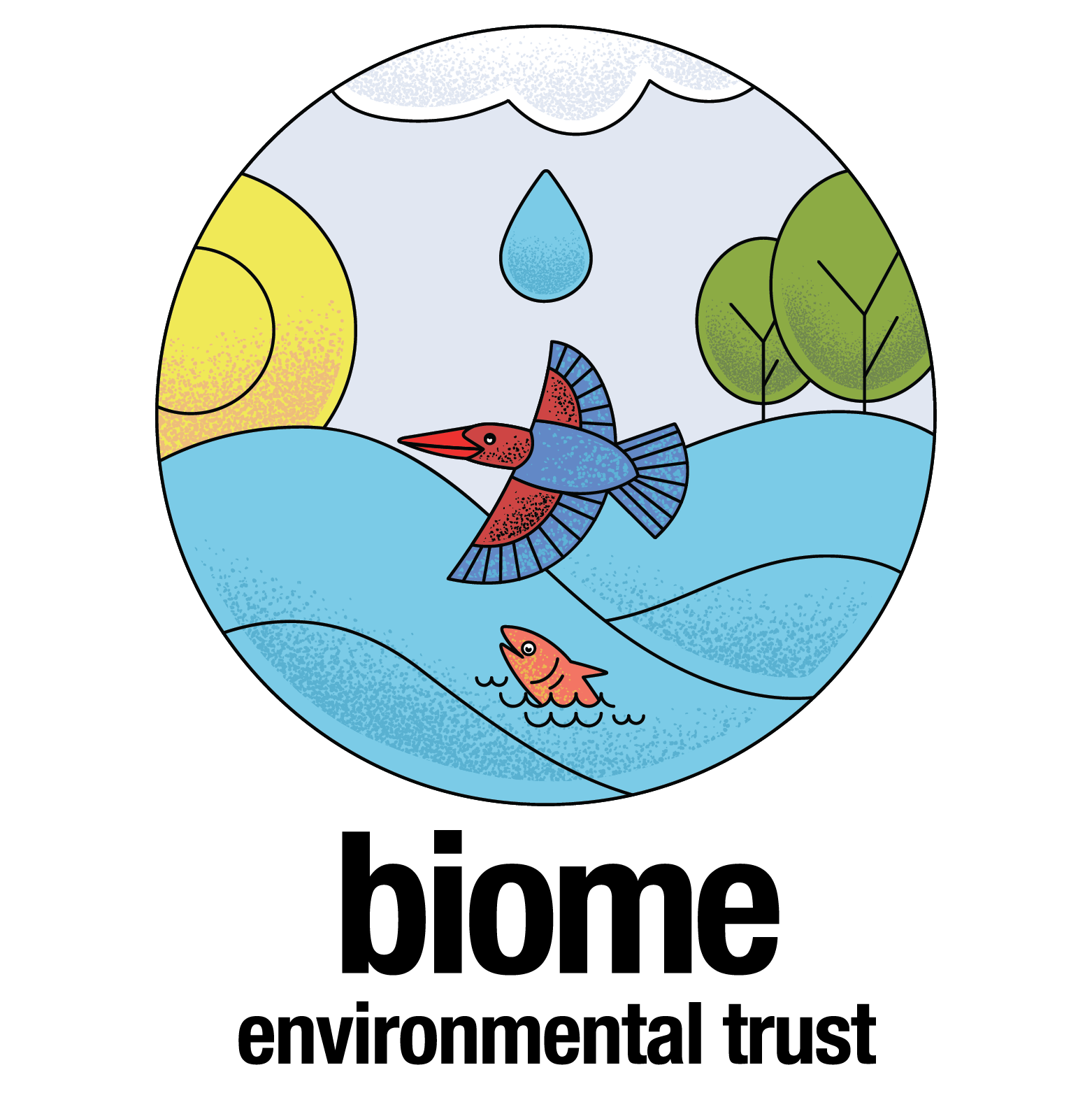TEDx BiomeEnvironmental Trust 2020
The TEDxBiomeEnvironmentalTrust2020 event was held online on Oct 17, 2020, as part of the TED Global Countdown. The event ‘Bengaluru – A City and its Water’ had people from Samaaj (citizens, RWAs, NGOs), Sarkaar (experts, policymakers) and Bazaar (entrepreneurs, service providers) talking about the various aspects of Bengaluru’s water. The recording of this event has been split into nine videos.
Videos of the event
Bengaluru’s water supply
BWSSB’s challenges and pro-poor policy
Bengaluru’s lakes
The speakers describe Bengaluru’s geography, geology, rainfall, and the history of how the city came to get its water supply system from the River Kaveri, 100 km away and 300 m below the city. The challenges that the city faces in terms of its water supply are also discussed.
What are the challenges faced by Bengaluru in terms of its water supply, and how has the government’s water supply agency (BWSSB) worked to face them? This is described as well as the project to supply some of the city’s slums with piped water.
The city’s lakes face numerous challenges. Citizens have come together to rejuvenate some of the lakes in collaboration with the government, and the resulting increase in biodiversity and other changes have benefited the city.
Bengaluru’s groundwater
Well-digging in Bengaluru
Rainfall, urban flooding and rainwater harvesting
What are Bengaluru’s groundwater characteristics and the challenges faced due to the over-withdrawal of deep groundwater? There is a robust shallow aquifer in many parts of the city that could be an easily accessible source of water, if it is recharged regularly.
The speakers describe their experience in digging and cleaning wells in Bengaluru – the areas of the city that have a shallow aquifer, how wells help in recharging the groundwater table, how they go about their work and the challenges they face.
As Bengaluru’s rainfall becomes more erratic, and urban flooding occurs due to the city getting more and more paved over, rainwater harvesting can help not only meet a significant part of the city’s water needs, but also help in mitigating the flooding.
STPs and treated wastewater supply project
Wastewater contaminants, and a community that drinks treated sewage
Wastewater treatment to potable standards and water metering
As the city grows, the volumes of sewage generated increase. The government and private companies are setting up more and more sewage treatment plants in the city. The Govt of Karnataka’s project of supplying treated wastewater to several dry lakes and tanks in the areas around Bengaluru has hugely benefited the local populations by raising the groundwater table in the supplied areas, reviving borewells and open wells and reinvigorating farming.
The types and modes of contamination of water bodies by domestic and industrial sewage are described, as well as a community’s experience of setting up a closed-loop system for treating wastewater to potable quality for all uses.
The speakers include an entrepreneur who treats wastewater to potable quality, and government and private industry representatives who describe water metering and its necessity in the urban context.
TEDxBiomeEnvironmentalTrust2020
The TEDxBiomeEnvironmentalTrust2020 event was held online on Oct 17, 2020, as part of the TED Global Countdown. The event ‘Bengaluru – A City and its Water’ had people from Samaaj (citizens, RWAs, NGOs), Sarkaar (experts, policymakers) and Bazaar (entrepreneurs, service providers) talking about the various aspects of Bengaluru’s water. The recording of this event has been split into nine videos.
Videos of the event
Bengaluru’s water supply
The speakers describe Bengaluru’s geography, geology, rainfall, and the history of how the city came to get its water supply system from the River Kaveri, 100 km away and 300 m below the city. The challenges that the city faces in terms of its water supply are also discussed.
BWSSB’s challenges and pro-poor policy
What are the challenges faced by Bengaluru in terms of its water supply, and how has the government’s water supply agency (BWSSB) worked to face them? This is described as well as the project to supply some of the city’s slums with piped water.
Bengaluru’s lakes
The city’s lakes face numerous challenges. Citizens have come together to rejuvenate some of the lakes in collaboration with the government, and the resulting increase in biodiversity and other changes have benefited the city.
Bengaluru’s groundwater
What are Bengaluru’s groundwater characteristics and the challenges faced due to the over-withdrawal of deep groundwater? There is a robust shallow aquifer in many parts of the city that could be an easily accessible source of water, if it is recharged regularly.
Well-digging in Bengaluru
The speakers describe their experience in digging and cleaning wells in Bengaluru – the areas of the city that have a shallow aquifer, how wells help in recharging the groundwater table, how they go about their work and the challenges they face.
Rainfall, urban flooding and rainwater harvesting
As Bengaluru’s rainfall becomes more erratic, and urban flooding occurs due to the city getting more and more paved over, rainwater harvesting can help not only meet a significant part of the city’s water needs, but also help in mitigating the flooding.
STPs and treated wastewater supply project
As the city grows, the volumes of sewage generated increase. The government and private companies are setting up more and more sewage treatment plants in the city. The Govt of Karnataka’s project of supplying treated wastewater to several dry lakes and tanks in the areas around Bengaluru has hugely benefited the local populations by raising the groundwater table in the supplied areas, reviving borewells and open wells and reinvigorating farming.
Wastewater contaminants, and a community that drinks treated sewage
The types and modes of contamination of water bodies by domestic and industrial sewage are described, as well as a community’s experience of setting up a closed-loop system for treating wastewater to potable quality for all uses.
Wastewater treatment to potable standards and water metering
The speakers include an entrepreneur who treats wastewater to potable quality, and government and private industry representatives who describe water metering and its necessity in the urban context.
